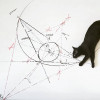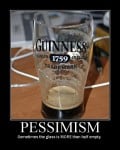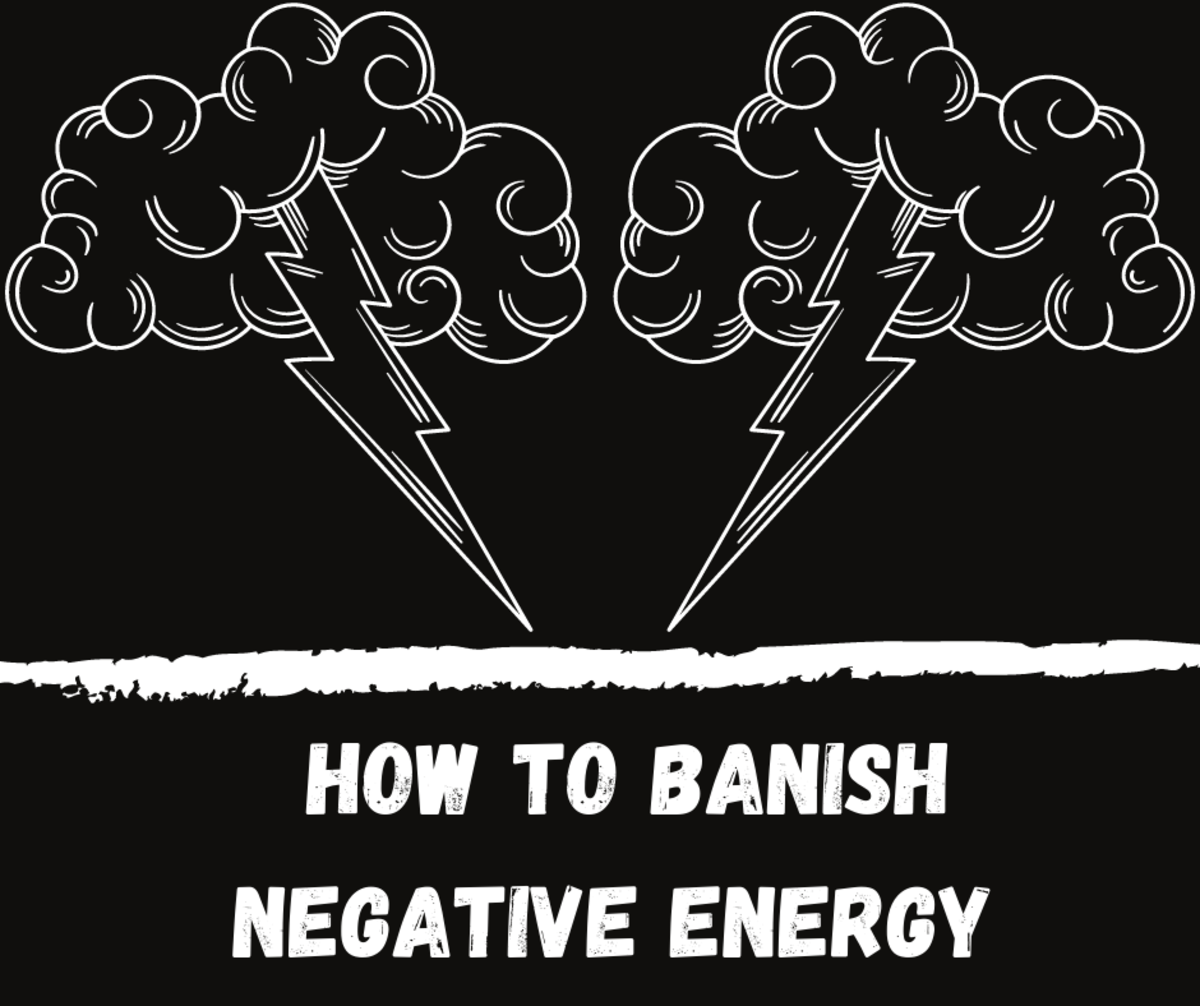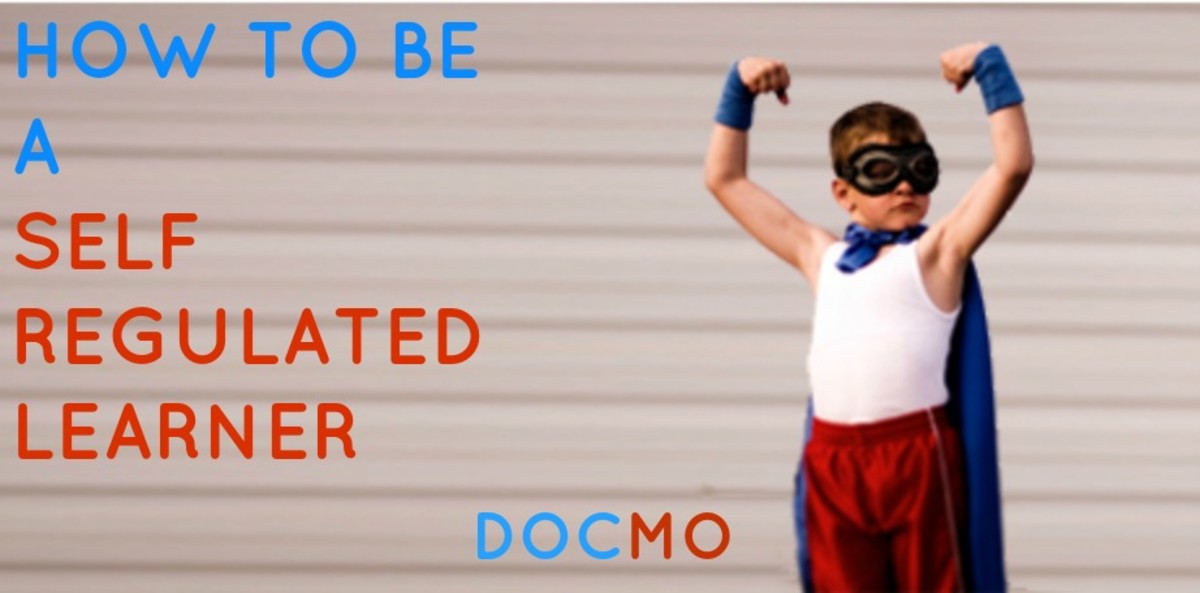Prevailing Against Negativity
We live in a culture where destructive criticism is entertainment and accepted, to the point where compliments are viewed with skepticism for the fear of sarcasm. We see this all the way from the high brow academia to the homeless.
I’ve personally been on the blunt end of racism as a foreigner from Hong Kong during my stay in Texas, and I’ve lived in Utah, unemployed and surviving on Ramen noodles in the winter. But I’m still alive, and I’ve lived through self-wrought depression and negativity from family, friends and work. I’ll share with you here how I triumphed in my uphill battle. (The tricky part is staying on top of it all.)
Definition of Negativity in the Modern Sense
Well, I’m definitely not talking about the negative charge of an electron, so my usual nerdy mathematical approach wouldn’t work here. However, negativity is a very real aspect of our society, and we should define it for the sake of clarity.
From wordnetweb.princeton.edu, negativity is “characterized by habitual skepticism and a disagreeable tendency to deny or oppose or resist suggestions or commands.”
The keyword here is HABITUAL. We often do many things in habit, and habits are signs of persons who has trained themselves (or been trained by their surroundings) to be unaware of their actions. For example, we almost never think about which foot we start walking with, and that’s because it’s such a strong habit that we totally do not think of it. Negativity is just as much a habit - the way to combat it is awareness to our own thoughts and actions AND to our surroundings.
Habits of Negativity
The negativity can manifest in three different hurtful forms:
- Attitude
- Words
- Actions
Out of the short list above, the attitude is the most important, since it influences the other two forms. A mildly annoyed person might simply snap at you, but an extremely annoyed person will try to dehumanize you.
However, Actions done in direct violence or abuse are very damaging, and we must be aware and cautious.

Self-Induced Emotional Abuse
Make an attempt to listen to your own thoughts. Become an observer of your own mind. A good method is to take a regular day that is not too busy, and record everything you have thought about on paper. Don’t worry, you’re the only person that needs to see this piece of paper.
When you spill your milk in the morning, do you think to yourself “what a clumsy bugger” or just “whoops”? Small bits of negativity towards yourself will build up, and taint how you receive negativity and how you process and react to negative comments and attitudes as well. Remember to listen to yourself, and remind yourself that you’re human, and there’s no use crying over spilled milk. (Just clean up the milk before it spills to the floor.)
Behind the Scenes in Our Peers' Minds
At times, the world seems to want to hunt you down just to give you a wedgie and make you say “uncle.” But at the same time, when we view the world as “others” who are out to get us, do we dehumanize them as well?
The most important realization that help me break through depression is this: I found out that the people around me are alive and human as well. Perhaps they are going through the same cycles of negativity. So I decided to test this theory. (I’m a math/science nerd, sue me.)
My Experiment
I looked past the people around me’s negativities, past that protective shell of habits and into their “human-ness.” I stopped habitually assuming that the negativities directed towards me were simply because I was inadequate (the self-induced emotional abuse) or that the world was out to get me. I simply listened and try to see if the negative comments meant anything.
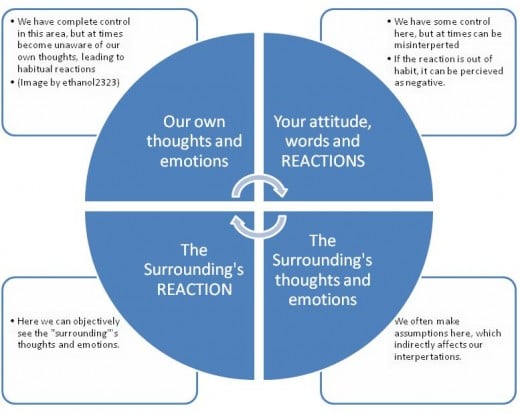
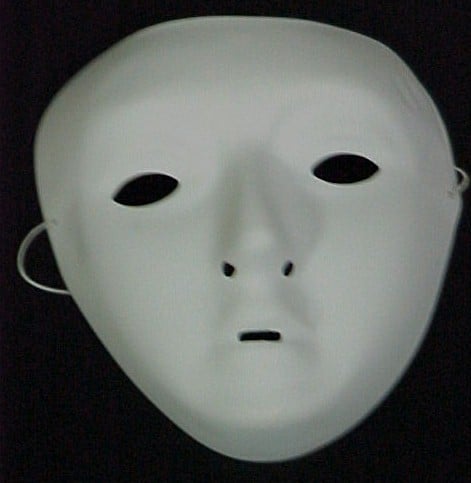
My Discovery
Often, the negative comments are simply habits formed by the people around me, because I habitually assumed the comments were negative before and responded with my own negativity. Of course, this vicious cycle was not broken in a day, but seeing and reacting differently to my surroundings gave the people around me a smile.
There were times when a person verbally attacked me, with full awareness. This is different than the types of comments mentioned above; because, in this case, the person was fully conscious of his actions. For the purpose of safety and peace of mind, simply do not react at all to these people, and eventually they will seek their battle elsewhere. (Think of them like misbehaving children who seek attention in a destructive way.)

The Balance Beam of Happiness
To remain afloat in a mucky puddle of negativity sometimes seem almost impossible - if you’re attached to the habit of negativity as well. The trick is to remain nimble, and never become too attached to a negative comment.
However, there is also a balance between being passively aware and actively engaging in the flow of life. Simply watching the world go by will only lead to a form of loneliness and isolation! But too actively attempting to digest your surrounding’s negativity will also give you quite a big heartburn. Balance and awareness is key.
Suppose the world is an ocean of emotions, and you are a creature of the sea. Some creatures stay at the bottom of the ocean and will never understand the concept of “air.” Do you wish to continue to be carried by the currents of your surroundings, or would you like to evolve and chill on the beach with a beer and umbrella? We can still go for a swim in the ocean of emotions, but we, as evolved beings, will understand that turbulence will not last forever.
